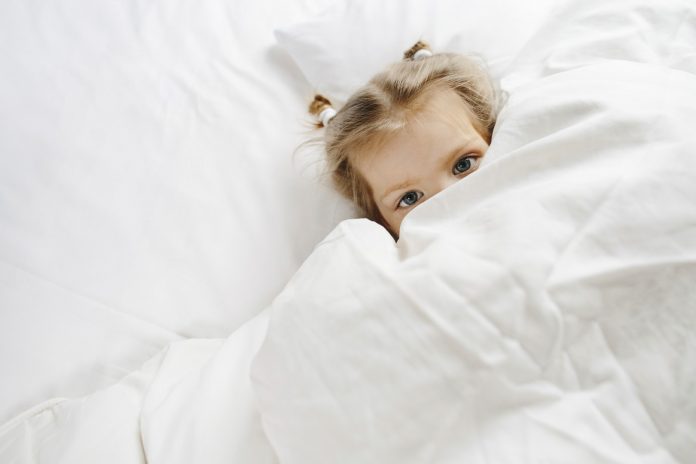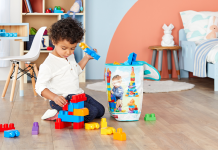It’s the middle of the night and you’ve had to jump into action to change wet sheets and comfort an upset child. Not fun for any parent.
When it comes to understanding why children wet their beds, the impact it has on their mental wellbeing, and how to manage it effectively, medical doctor Michael Mol, says knowledge is power.
“Many families struggle with bedwetting. It’s a normal part of child development.”
According to Dr Mol, there are several physiological causes associated with bedwetting, including low production of the hormone vasopressin during sleep, small bladder capacity and poor sleep arousal. There is also a strong psychological component – linked to high levels of stress, anxiety and depression – to consider.
“Studies have found that bedwetters are prone to developing depression, which can persist into adulthood. Children have ranked bedwetting as the third highest stressor, after divorce and parental fighting. Punishing children for bedwetting therefore worsens these symptoms and, in most cases, increases bedwetting.”
Effective ways to manage bet-wetting in children
Fluid intake
Parents should stop all fluid in-take at least two hours before bedtime. In particular, parents should avoid giving their children caffeinated drinks, which include hot chocolate, cocoa and energy drinks.
Absorbent Pants
The use of absorbent pants like DryNites Pyjama Pants, helps to relieve the emotional worry that comes with bedwetting. These pants resemble normal underwear but include five absorbent layers that prevent leakage.
“The biggest benefit of using this method is its ability to alleviate some of the anxiety associated with the ‘unknown,’ or the possibility of wetting the bed, which can cause shame and embarrassment. It also helps ensure that children get a good night’s rest, which is key to their mental health and physical development.”
Parental Role
Don’t engage in what doctors refer to as ‘lifting,’ or waking a child up after a few hours of sleep to use the toilet. Generally, this method proves ineffective as it essentially reinforces the practice of passing urine at night rather than helping children develop night-time bladder control.
Alarm
Parents can install a bedwetting alarm, which involves placing a moisture sensor in the child’s pyjamas before bed. This method has proven effective in helping the brain-bladder connection in children mature faster. Using it does however require a lot of motivation and can be disruptive to the sleep cycle of parents and anyone else in the household.
Medication
Medicines like Desmopressin, a synthetic form of the vasopressin have proven successful but, Dr Mol says there is no blanketed approach to bedwetting that will work for all children.
“Treatment methods should be tailored to your child’s temperament, the needs of the household as well as how bedwetting affects your child. Typically, a combination of conservative or proactive interventions, combined with mental health support and therapy provides the most effective relief.”






